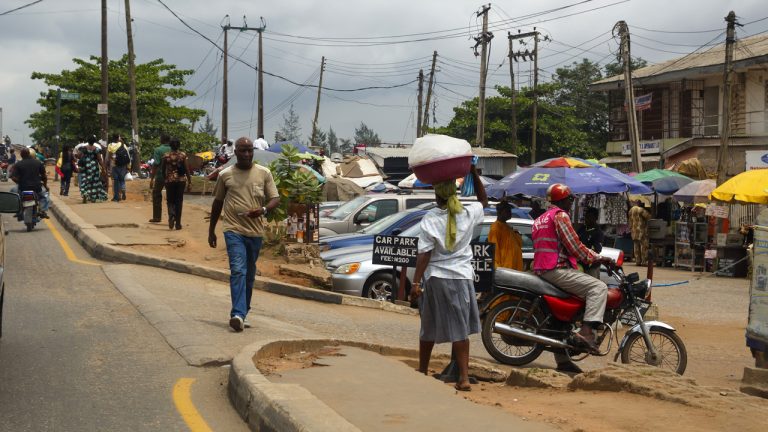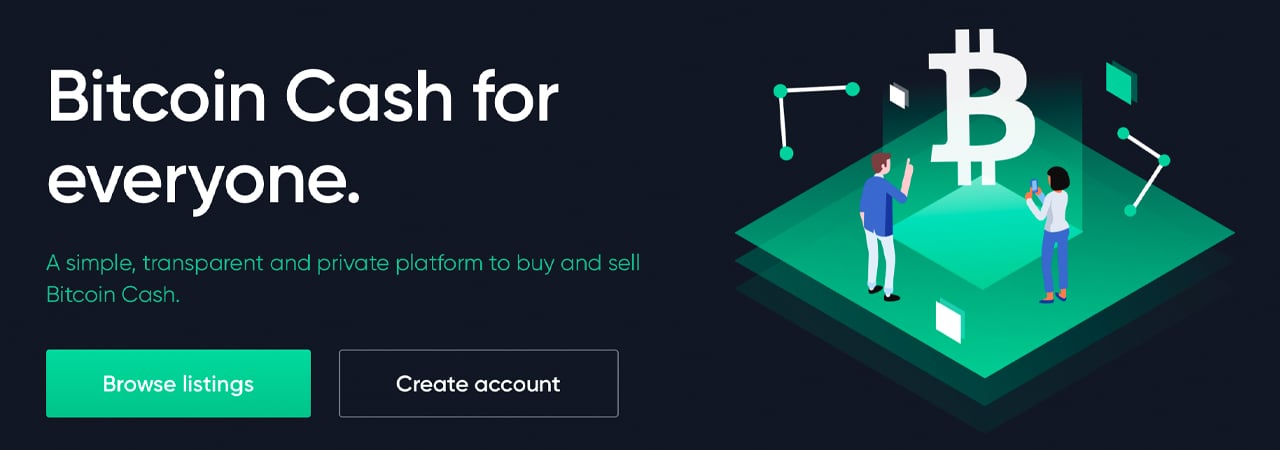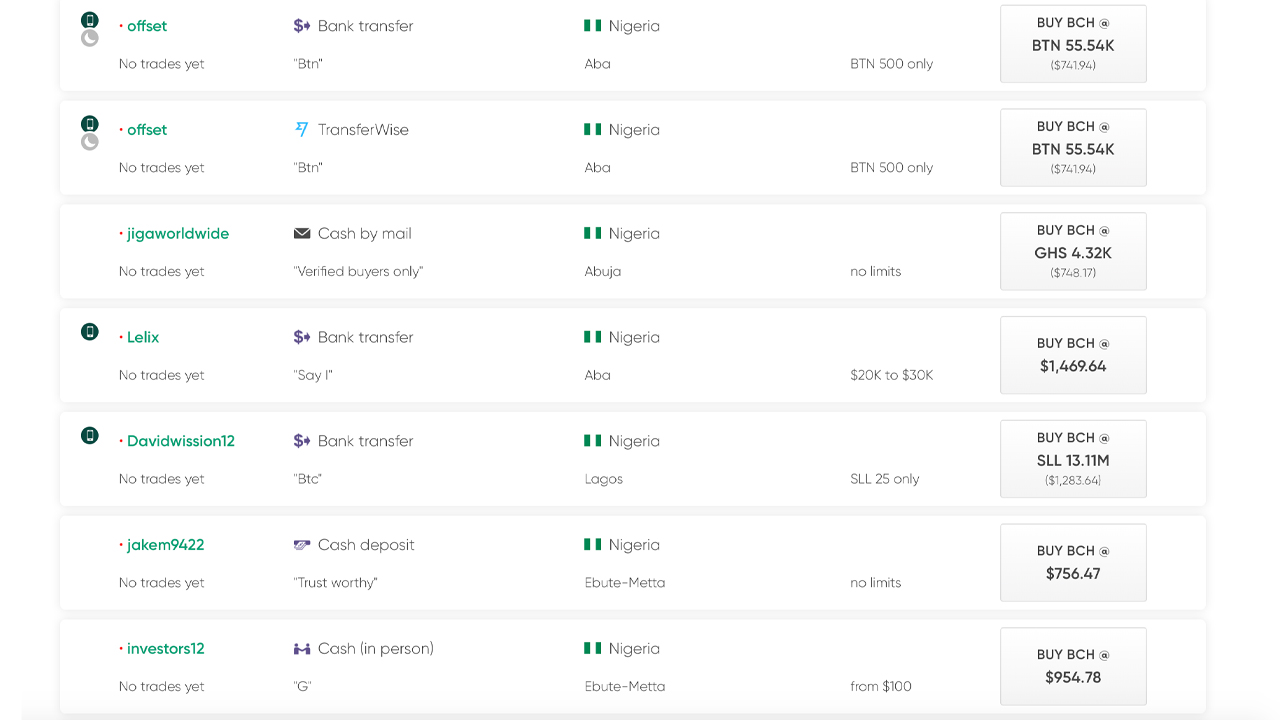
Africa remains the home to a large proportion of the world’s population that is unbanked according to a 2017 World Bank Global Index survey. Many of those who are unbanked cite their lack of official identification particulars as one of the main reasons for their predicament.
Cryptos Narrowing Financial Exclusion Gap
Therefore, in their effort to reduce the number of people that have no access to banking services, Satoshi Nakamoto created Bitcoin, a decentralized digital currency and network that is available to anyone. Now, more than ten years later, the crypto asset has had successes in narrowing the financial exclusion gap as some financial services are now available to those lacking identification documents.

However, the rising fees on networks such as bitcoin (BTC) or ethereum (ETH) mean the respective crypto assets may eventually become less accessible. Further, the imposition of KYC requirements by some centralized crypto exchanges or the enforcement of FATF rules means millions of individuals including many from Africa will soon be blocked from trading cryptocurrencies.

Nevertheless, some crypto exchange platforms like Local.bitcoin.com continue with their quest of making it possible for African users to have access to cryptocurrencies like bitcoin cash. Also, African users or traders will transact with the full confidence that the other party to the transaction will perform as agreed. Local.bitcoin.com’s blind escrow system ensures all parties play their part.
How to Start
So how can a prospective trader safely buy or sell bitcoin cash on Local.bitcoin.com? The first step would be to go on local.bitcoin.com and create an account. Creating an account on Local.bitcoin.com only requires one’s email address, a username, and a password. There is no KYC, an ID verification process, or geoblocking which often forces users from certain regions to use VPNs. Once an account has been created, the user is now ready to start trading.

To start trading, a prospective BCH buyer simply selects a trader from a list of sellers shown on the offers page. If the two traders agree on the sale, the transaction will proceed with the seller sending the BCH to a blind escrow account. The buyer is then expected to make the payment as agreed and once this has been received by the seller, the assets held in the escrow account will be released to the buyer. Every country in Africa is listed on Local.bitcoin.com’s peer-to-peer bitcoin cash (BCH) market like Nigeria, Zimbabwe, Ghana, South Africa, Kenya, and specific populated cities as well.
No Censorship
Meanwhile, because Local.bitcoin.com is a peer-to-peer platform, traders can agree on a payment method that satisfies both parties. Since Local.bitcoin.com is decentralized, there is no way even the company’s staff can censor or stop certain transactions. Like onchain bitcoin cash (BCH) transactions, exchanges between two parties should be censorship-resistant as well.
To Illustrate, BCH buyers from countries like Zimbabwe, which is blocked from accessing the global financial system, will state their preferred methods of paying. A seller that is amenable to these conditions will then respond to the offer. After the same process as described above has been repeated, the seller will receive his payment while the Zimbabwe-based buyer gets his BCH.
For prospective African crypto traders that wish to trade on centralized exchanges but lack access to Visa or Mastercard, Local.bitcoin.com provides a secure alternative means of funding a trading account. For peer-to-peer traders, Local.bitcoin.com enables even small traders to trade as the fees on the BCH network make this possible.
Is it easy to buy BCH via local.bitcoin.com? You can share your thoughts in the comments section below.
Comments
Post a Comment